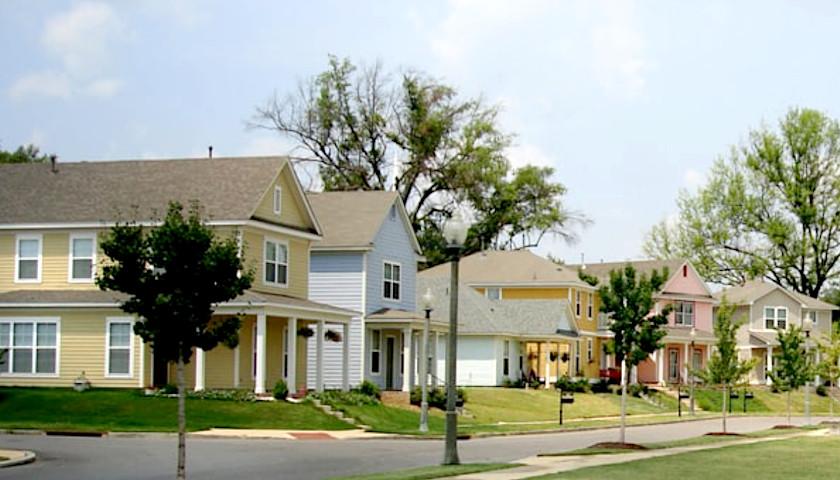by Jon Styf
A Tennessee bill would cap property tax increases in the state at 2 percent plus inflation each year and 6 percent plus inflation over a three-year span.
A higher percentage increase in property tax rates would require a referendum.
Beacon Center recently asked registered Tennessee voters about a property tax cap in a poll with 11 percent saying local authorities should retain that power while 35 percent said a statewide cap should exist and 39 percent said there should be a combination of state regulations and local decision-making.
“It is clear that people are unhappy with the current property tax system in Tennessee, with just 11 percent of registered voters supporting the status quo of leaving the decision to increase property taxes solely to the local mayor and city council/county commission,” Beacon Center Vice President of Communication and Outreach Mark Cunningham said about those results. “A large majority of Tennesseans (67 percent) also support a state property tax cap so long as property tax increases have to be approved by voters via referendum.”
Just 27 percent of those polled said they believe local governments are spending property taxes wisely, 31 percent believe they are not and 42 percent said they are unsure or neither.
House Bill 565 is sponsored by State Rep. Chris Todd, R-Madison County, and is assigned to the Property and Planning Subcommittee of the Local Government Committee.
State Sen. John Stevens, R-Huntingdon, is sponsoring companion bill SB 171 that is assigned to the Senate State and Local Government Committee.
The cap would apply to counties, municipalities, metropolitan governments and special school districts that can levy property taxes.
In 2022, there were six counties, 24 municipalities and one special school district that exceeded the cap. In 2021, it was three counties, 37 municipalities and six special school districts and in 2020 it was seven counties, 22 municipalities and one special school district.
A fiscal note on the bills says the impact is expected to be more than $1 million of funding for local governments each year that those entities cannot increase tax rates more than the cap.
“The proposed language may result in LGEs increasing their property tax rates in amounts lower than they would have otherwise to avoid having a referendum,” the note says.
– – –
Jon Styf is a contributor at The Center Square.






Property taxes need to change in the sense that they do not need to be paid off. Assess value. Everyone living within a certain tax region should pay the same rate per square foot of home and square foot of property. Basing taxes on value drives people out of their homes. I would also implement an increase clause that property taxes can go up no more than the rate of inflation. Local governments need to get their spending in line as in Nashville where we’re giving everything to special interests and that needs to end.
Our County Commission and Tax Assessor’s office did the right thing this year to protect long term property owners from a murderous tax jump in 2023. Because of the wild popularity of life in TN, real estate price hikes have driven assessed values out of the roof. People were going to be hurt by outrageous property taxes. The decision was made to keep the assessed value rising with real estate prices, but lower the tax rate, so their tax bill would end up something reasonable.
This is the first useful thing the General Assembly has considered this year so far.
We need to raise property taxes because……….?
https://www.wkms.org/government-politics/2022-06-15/tennessee-expects-a-billion-dollar-surplus-this-year-heres-why-its-happening-and-why-it-matters
The Beacon Center should ask registered voters how much money local and state government actually need to operate, that would be a fun poll. Another school of thought would be to limit spending to only that which is an actual function of government and stop creating more legislation that requires more taxpayers funds. Stop doling out taxpayer dollars to special interests, campaign donors and entertainment.